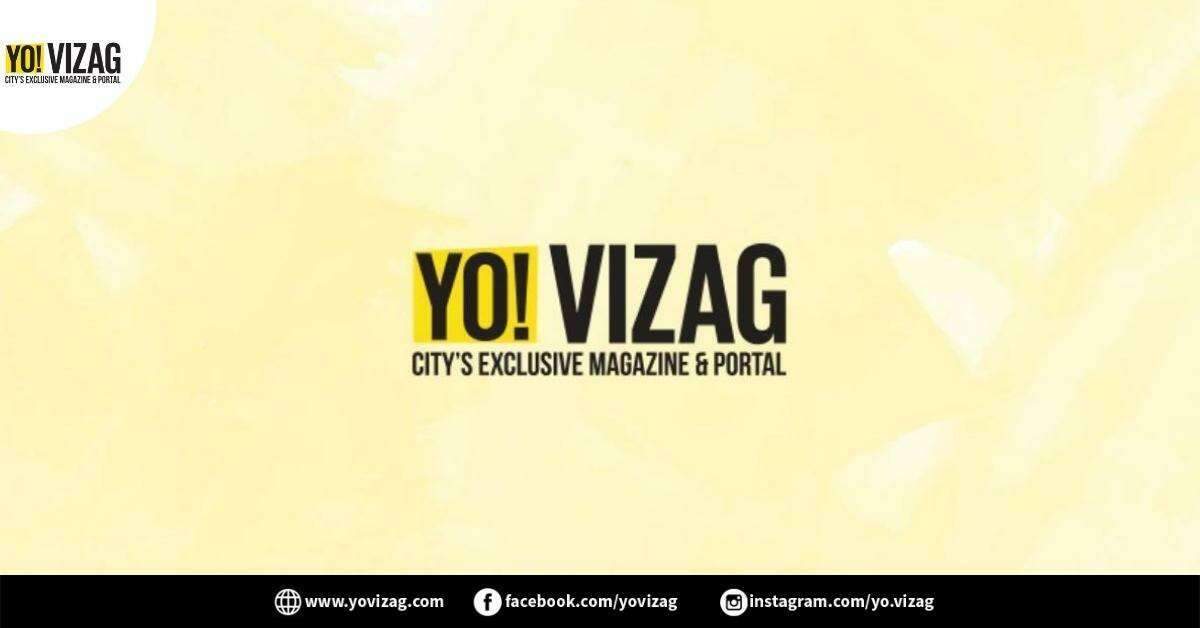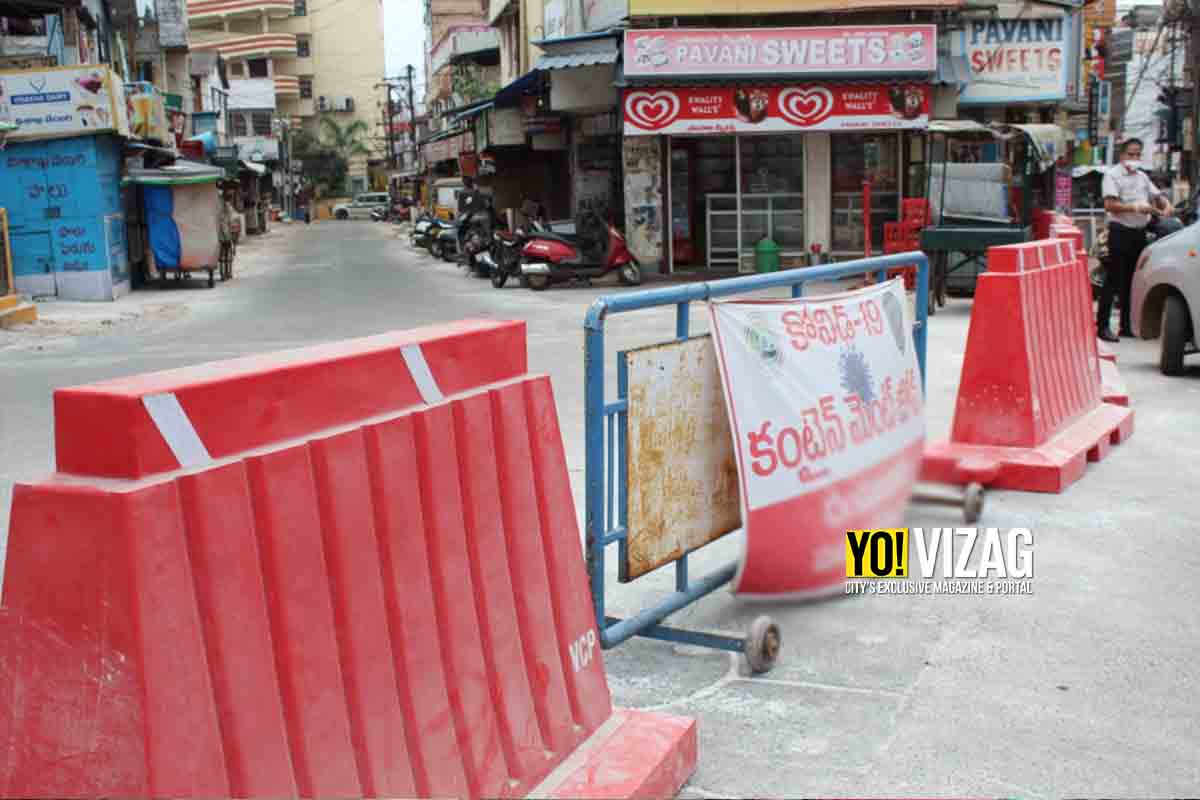

Image by Kula Sekhar Sampath
As India enters lockdown 5.0, the Centre has issued guidelines for phased reopening of areas outside the containment zones across the country. Here are the guidelines issued Ministry of Home Affairs (MHA) for lockdown 5.0 / Unlock 1.0:
1. Phased re-opening of areas outside the Containment Zones In areas outside Containment Zones, all activities will be permitted, except the following which will be allowed, with the stipulation of following Standard Operating Procedures (SOPs) to be prescribed by the Ministry of Health and Family Welfare (MOHFW), in a phased manner:
Phase I
The following activities will be allowed with effect from 8 June, 2020:
(i) Religious places places of Worship for public.
(ii) Hotels, restaurants and other hospitality services.
(iii) Shopping malls.
Ministry of Health & Family Welfare (MOHFW) will issue Standard Operating Procedures (SOPs) for the above activities, in consultation with the Central Ministries Departments concerned and other stakeholders, for ensuring social distancing and to contain the spread of COVID-19.
Phase II
Schools, colleges, educational training coaching institutions eyes will be opened after consultations with States and UTS State Governments/ UT administrations may hold consultations at the institution level with parents and other stakeholders. Based on the feedback, a decision on the re-opening of these institutions will be taken in the month of July 2020.
MOHFW will prepare SOP in this regard, in consultation with the Central Ministries/ Departments concerned and other stakeholders, for ensuring social distancing and to contain the spread of COVID-19.
Phase III
Based on the assessment of the situation, dates for re-starting the following activities will be decided:
(i) International air travel of passengers, except as permitted by MHA
(ii) Metro Rail.
(iii) Cinema halls, gymnasiums, swimming pools, entertainment parks, theatres, bars and auditoriums, assembly halls and similar places (iv) Social political sports/entertainment/ academic/ cultural religious functions and other large congregations.
2. National Directives for COVID-19 Management
National Directives for COVID-19 Management, as specified in Annexure I shall continue to be followed throughout the country.
3. Night curfew
Movement of individuals shall remain strictly prohibited between 9.00 pm to 5.00 am throughout the country, except for essential activities. Local authorities shall issue orders. in the entire area of their jurisdiction, under appropriate provisions of law, such as under Section 144 of C/PC, and ensure strict compliance.
4. Lockdown 5.0 will be limited to Containment Zones
(i) Lockdown shall continue to remain in force in the Containment Zones till 30 June, 2020.
(ii) Containment Zones will be demarcated by the District authorities after taking into consideration the guidelines of MOHFW.
(iii) In the Containment Zones, only essential activities shall be allowed. There shall be strict perimeter control to ensure that there is no movement of people in or out of these zones, except for medical emergencies and for maintaining supply of essential goods and services. In the Containment Zones, there shall be intensive contact tracing, house-to-house surveillance, and other clinical interventions, as required. Guidelines of MoHFW shall be taken into consideration for the above purpose.
(iv). States/ UTs may also identify Buffer Zones outside the Containment Zones, where new cases are more likely to occur. Within the buffer zones, restrictions as considered necessary may be put in place by the District authorities.
5. States/UTS, based on their assessment of the situation, may prohibit certa outside the Containment zones, or impose such restrictions as deemed necessary.
6.Unrestricted movement of persons and goods
(i) There shall be no restriction on inter-State and intra-State movement of persons and goods. No separate permission approval/ e-permit will be required for such movements.
(ii) However, if a State UT, based on reasons of public health and its assessment of the situation, proposes to regulate movement of persons, it will give wide publicity in advance regarding the restrictions to be placed on such movement, and the related procedures to be followed
(iii) Movement by passenger trains and Shramik special trains, domestic passenger air travel; movement of Indian Nationals stranded outside the country and of specified persons to travel ahead; evacuation of foreign nationals; and sign-on and sign-off of Indian seafarers will continue to be regulated as per SOPs issued.
(iv) No State UT shall stop the movement of any type of goods cargo for cross land border trade under Treaties with neighbouring countries
7. Protection of vulnerable persons
Persons have 65 years of age, persons with co-morbidities, pregnant women, and children below the age of 10 years are advised to stay at home, except for essential and health purposes.
8. Use of Aarogya Setu
(i) Aarogya Setu enables early identification of potential risk of infection, and thus acts as a shield for individuals and the community.
(ii) With a view to ensuring safety in offices and work places, employers on best effort basis should ensure that Aarogya Setu is installed by all employees having compatible mobile phones.
(iii) District authorities may advise individuals to install the arogya Setu application on compatible mobile phones and regularly update their health status on the app. This will facilitate timely provision of medical attention to those individuals who are at risk.
9. Strict enforcement of the guidelines
(i) State UT Government shall not dilute these guidelines issued under the Disaster Management Act, 2005. in any manner.
(ii) All the District Magistrates shall strictly enforce the above measures
10. Penal provisions
Any person violating these measures will be liable to be proceeded against as per the provisions of Section 51 to 60 of the Disaster Management Act, 2005, besides legal action under Section 188 of the IPC, and other legal provisions as applicable.
This post was last modified on 01/06/2020 3:56 pm
Let's be real: life tends to get 5x better when you have an interesting show…
Solo travelling is one of the best ways of travelling. From planning to booking travel…
Vizag is constantly evolving, with developments unfolding left, right, and centre. In this wave of…
There's something strikingly beautiful about a vast body of water - its endless unknown, its…
In a significant move aimed at bolstering tourism infrastructure in the coastal region, the Government…
The Andhra Pradesh Tourism Department is inviting residents of Visakhapatnam to be a part of…
Leave a Comment